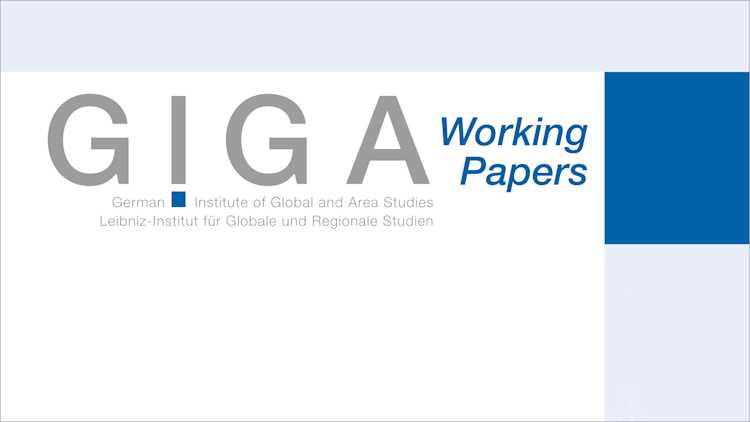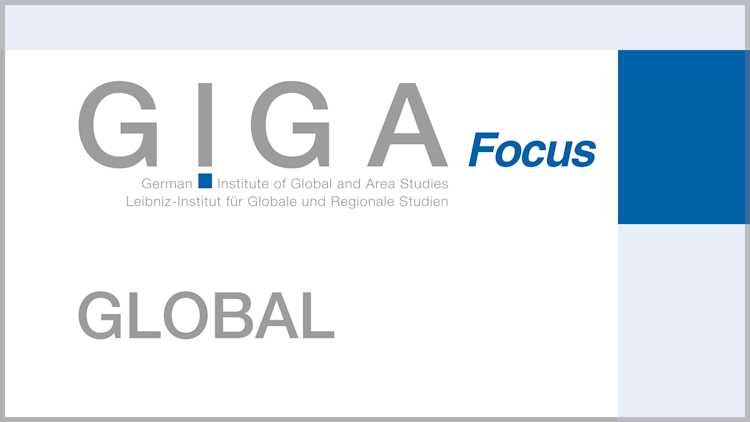- Home
- Publications
- GIGA Focus
- Youth as a Seismograph for Societal Problems
GIGA Focus International Edition English
Youth as a Seismograph for Societal Problems
Number 1 | 2013 | ISSN: 1862-3581
Over the course of the last two years, 2011 and 2012, youths around the world have protested in a variety of contexts and forms. More than the various manifestations of their protests – from political upheaval in Tunisia or Chile to violence in Syria – it is youths’ worries about their own place in society that unify them.
Analysis
Even in the most divergent societies, youth are perceived as a problem group, despite the fact that a consistent definition of what constitutes youth has been absent to date. To base such a definition exclusively on age would be misleading: other factors, for example, social position, would remain unconsidered. No longer children but not yet part of the circle of adults, youths find themselves both physically and socially in a phase of transition. For very different reasons, they rebel against established orders and authorities and question existing boundaries and conventions. However, even under very difficult political and economic conditions, youths only head onto the streets en masse when they see no prospects for the transition into adult life. The forms their protests take reveal fundamental societal processes and problems.
Young people grow up with expectations about the transition into adult life that, because of rapid social change, can now scarcely be realized.
The lifeworlds of youths and their problems with the entry into adult life are, despite all the differences, comparable worldwide.
The mobilization of youths and the nature of their protests are closely connected with the socialization processes and types of cohesion within a society.
Whether and how youth are able to complete central transitions into adult life can serve as an early warning indicator of key societal problems.
Footnotes
Regional Institutes
Research Programmes
How to cite this article
Kurtenbach, Sabine (2013), Youth as a Seismograph for Societal Problems, GIGA Focus International Edition English, 1, Hamburg: German Institute for Global and Area Studies (GIGA), http://nbn-resolving.de/urn:nbn:de:0168-ssoar-328037
Imprint
The GIGA Focus is an Open Access publication and can be read on the Internet and downloaded free of charge at www.giga-hamburg.de/en/publications/giga-focus. According to the conditions of the Creative-Commons license Attribution-No Derivative Works 3.0, this publication may be freely duplicated, circulated, and made accessible to the public. The particular conditions include the correct indication of the initial publication as GIGA Focus and no changes in or abbreviation of texts.
The German Institute for Global and Area Studies (GIGA) – Leibniz-Institut für Globale und Regionale Studien in Hamburg publishes the Focus series on Africa, Asia, Latin America, the Middle East and global issues. The GIGA Focus is edited and published by the GIGA. The views and opinions expressed are solely those of the authors and do not necessarily reflect those of the institute. Authors alone are responsible for the content of their articles. GIGA and the authors cannot be held liable for any errors and omissions, or for any consequences arising from the use of the information provided.








